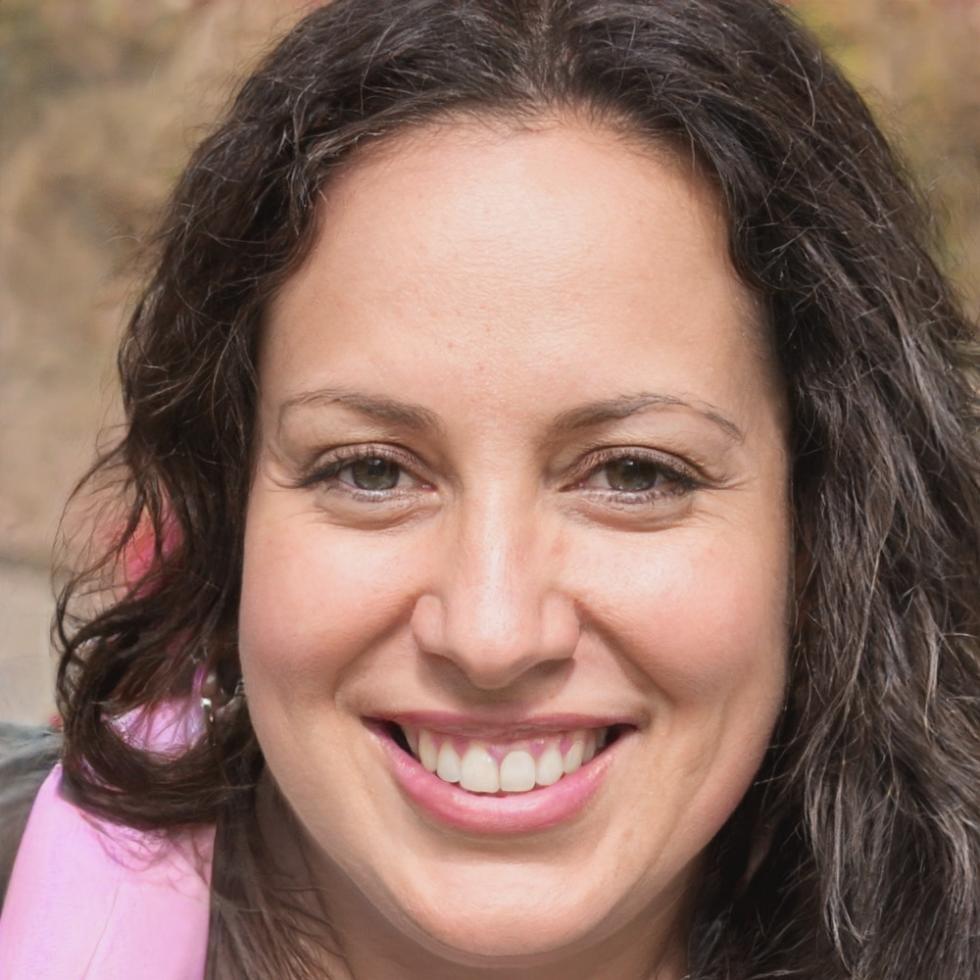So You Want to Start Investing on a Budget
Here's the thing nobody tells you: successful budget investing isn't about finding the perfect strategy or timing the market just right. It's about knowing yourself first. What you can genuinely afford. What keeps you awake at night. What you're actually trying to build.
We've worked with hundreds of people across Ireland since 2018, and the ones who stick with it? They all did the groundwork first. Let's walk through what that actually looks like.
Start With Your Actual Numbers
Look, this part isn't glamorous. But you need to know exactly what's coming in each month and what's going out. Not estimates—real numbers. We're talking about looking at your bank statements from the past three months and writing it all down.
Budget investing only works when you're using money you won't need for bills, emergencies, or life surprises. If you're investing money that should be sitting in your emergency fund, you're setting yourself up for stress down the road.
Most people who start investing with us realize they need to pause and build up their safety net first. That's not failure—that's smart planning. We'd rather see you start investing in late 2025 with a solid foundation than jump in now and have to pull out when your car breaks down.

Three Things That Trip People Up
These are the issues we see repeatedly. Knowing about them ahead of time makes a real difference.
Comparison Anxiety
Someone at work is talking about their stock picks. Your cousin's portfolio apparently doubled. Social media is full of investment wins. And you're sitting there with €50 a month. That feeling? Completely normal. But comparing your chapter one to someone else's chapter ten is pointless.
Expecting Quick Wins
Budget investing is a long game. We're talking years, not months. If you need money back within a year or two, this approach isn't right for you. The people who do well with this are thinking about 2030 and beyond, not next summer's holiday.
Getting Bored
Once you set up regular contributions, budget investing becomes... well, boring. Nothing dramatic happens. Your balance grows slowly. There's no excitement. And that's actually the point. If you need constant action and decision-making, you might find this approach frustrating.

"I nearly quit in the first six months because nothing seemed to be happening. My balance was going up by tiny amounts and I kept thinking I was doing it wrong. Turns out patience is the whole strategy. Three years in now and I finally get it."
What to Do Before Your First Investment
Build Your Safety Cushion
Three to six months of essential expenses in an accessible savings account. This isn't optional. It's what lets you keep your investments invested even when life throws you surprises. Without this, you'll end up selling at the worst possible times.
Clear High-Interest Debt
If you're carrying credit card debt at 18% interest, paying that off beats any investment approach. The maths is simple—you can't reliably earn more investing than you're losing to high-interest debt. Sort that first, then invest.
Define Your Timeline
When do you actually need this money? Saving for a house deposit in 2027? That's different from building retirement funds for 2045. Your timeline changes everything about how you should approach investing. Be honest about this before you start.
Test Your Stomach
Imagine your investment drops 20% in value next month. Would you panic and sell? Add more? Ignore it? Your answer tells you a lot about your comfort level. There's no wrong answer here, but knowing yourself helps prevent bad decisions later.

Ready to Talk About Your Situation?
We offer no-pressure consultations where we look at your specific circumstances and discuss whether budget investing makes sense for you right now. Sometimes the answer is "not yet" and that's perfectly fine. Better to know now than learn the hard way.
Our next available consultation slots open up in September 2025. We keep the group size small so everyone gets proper attention.
Book a Consultation